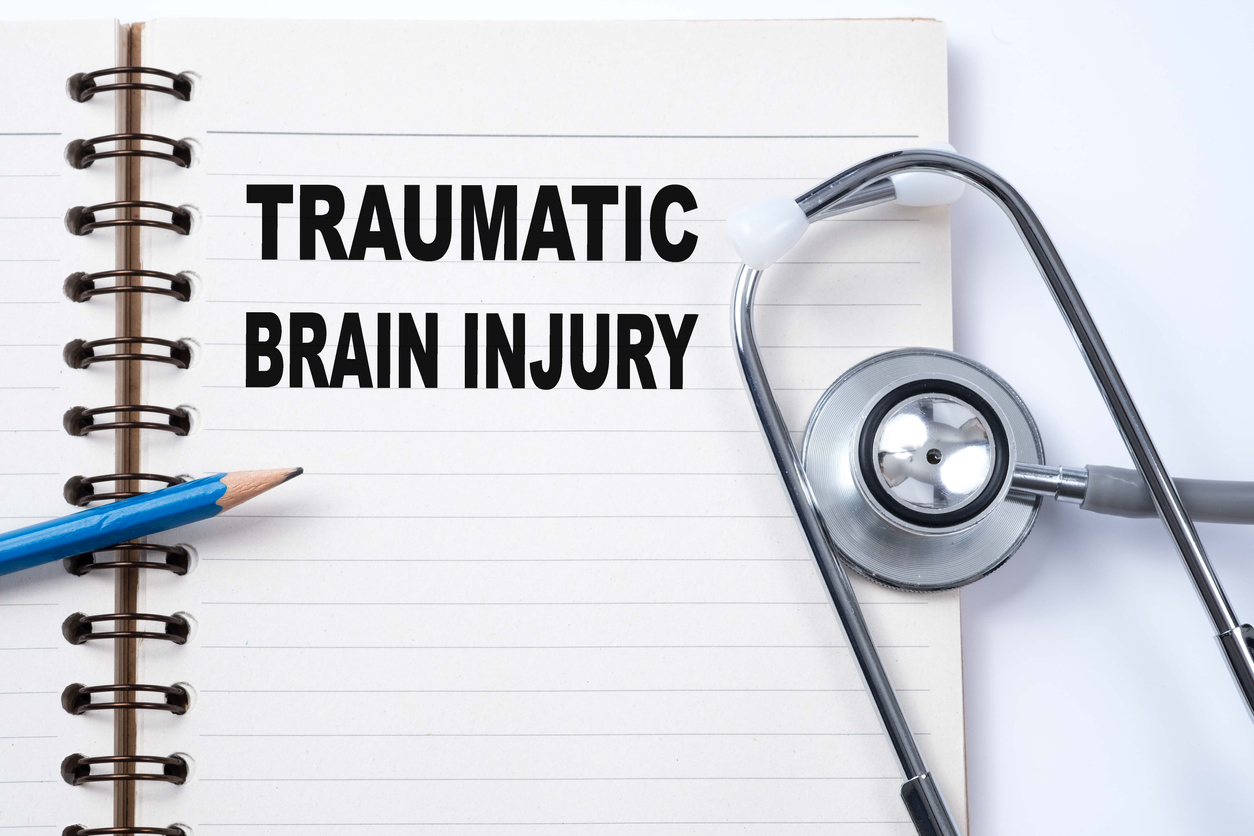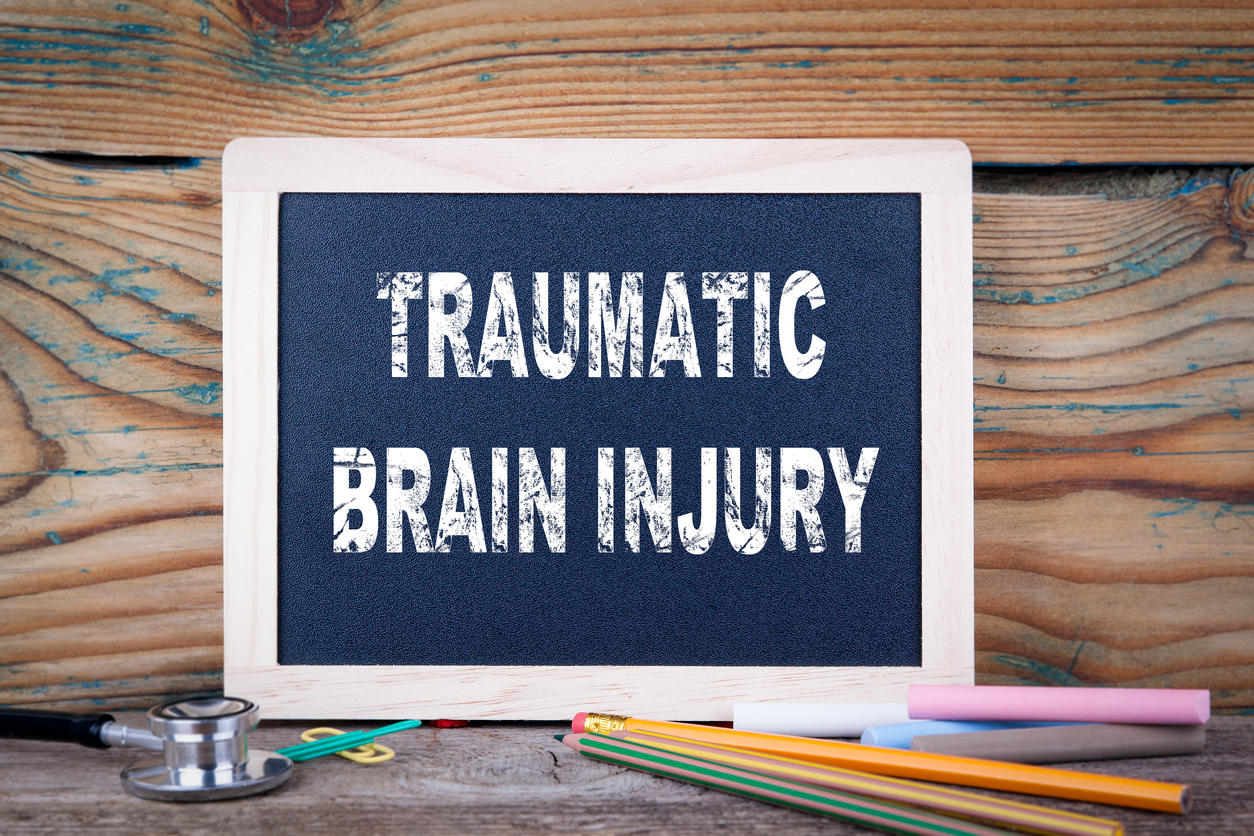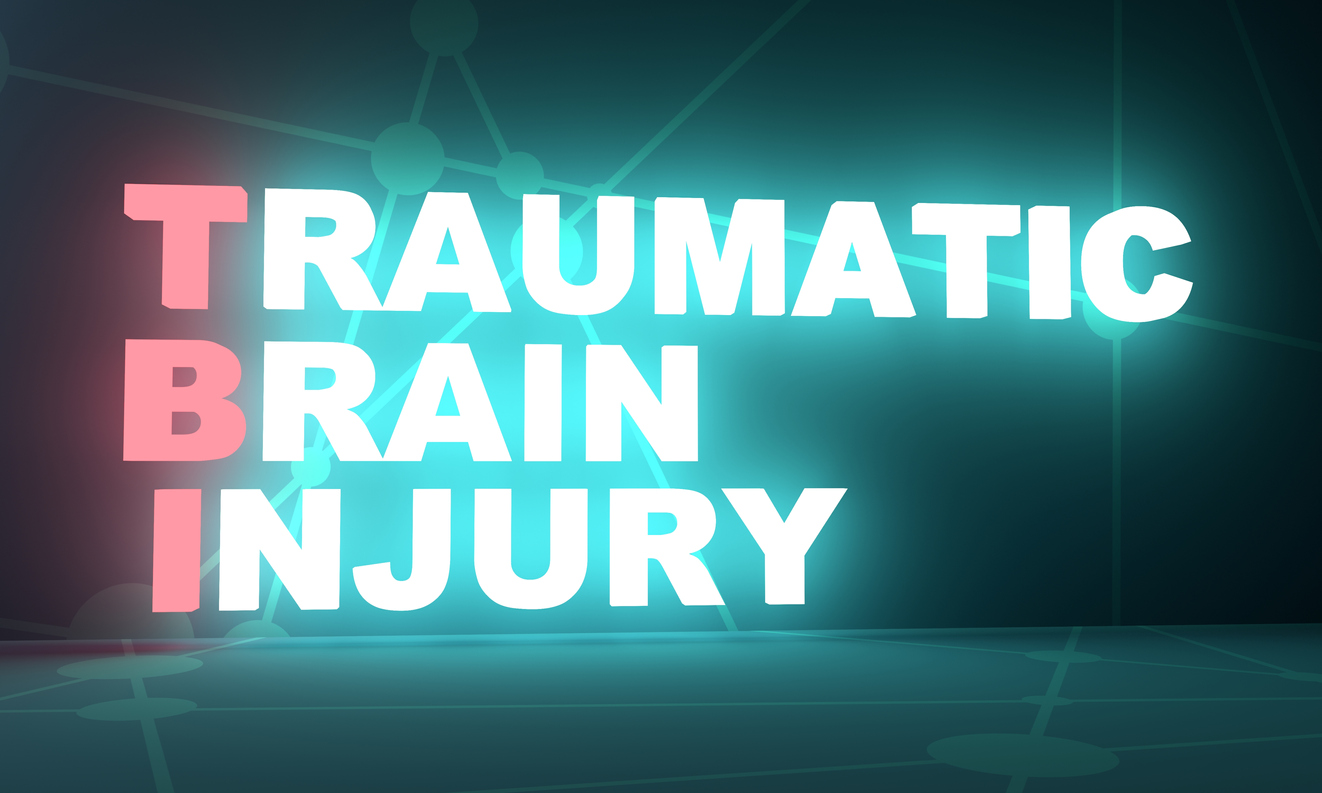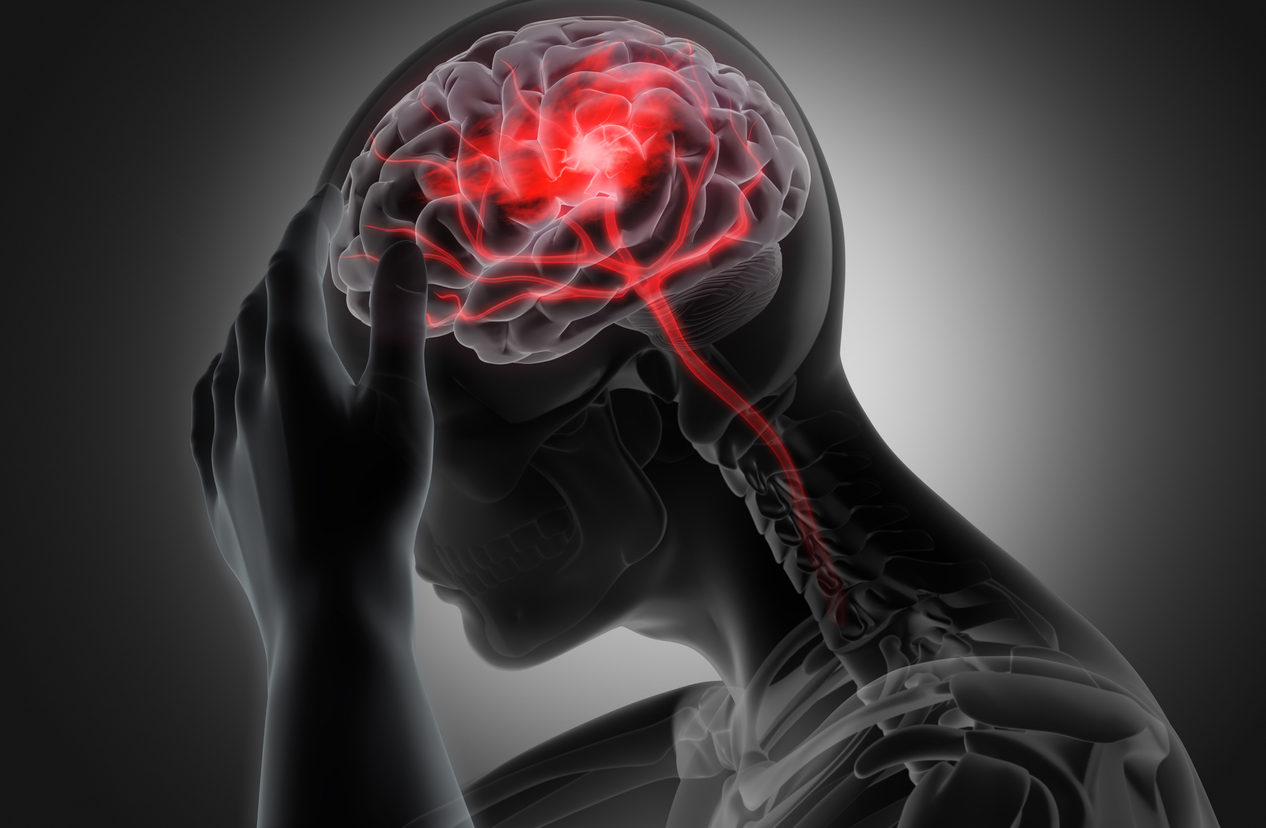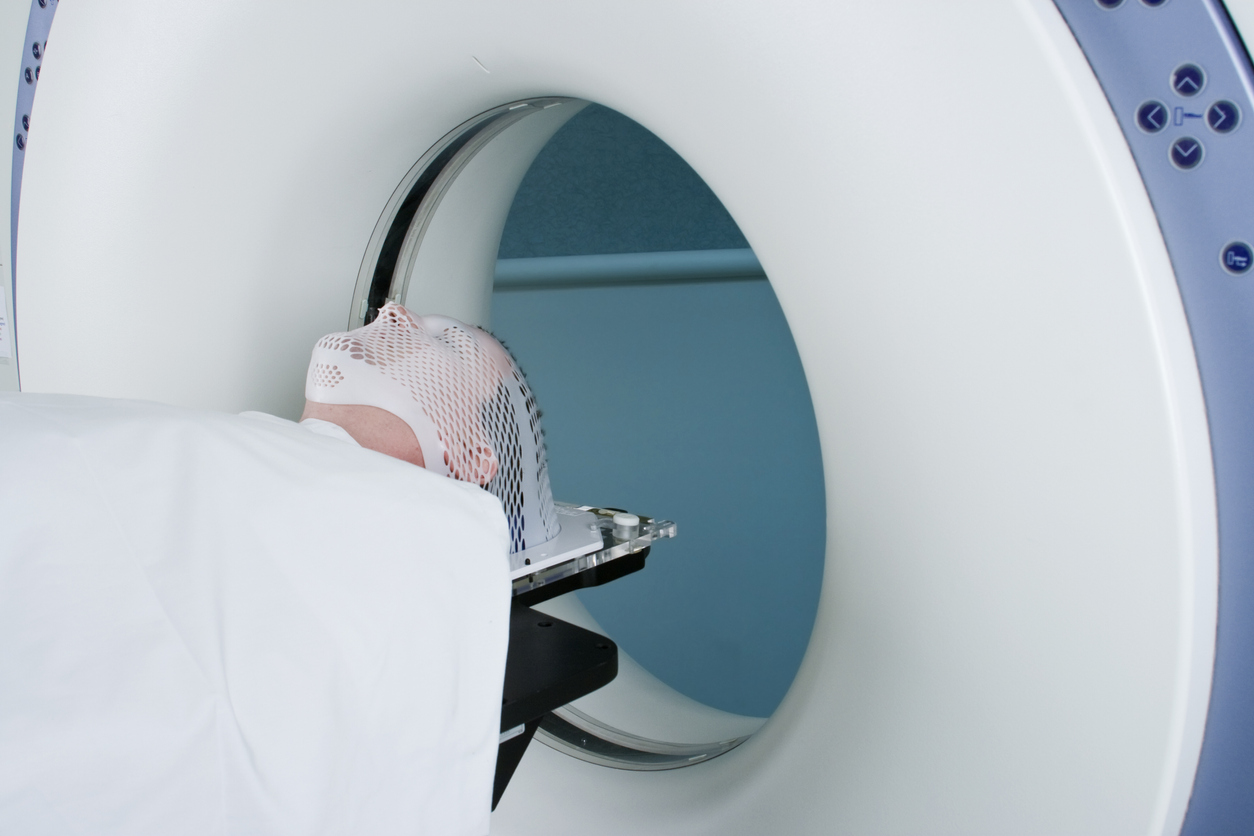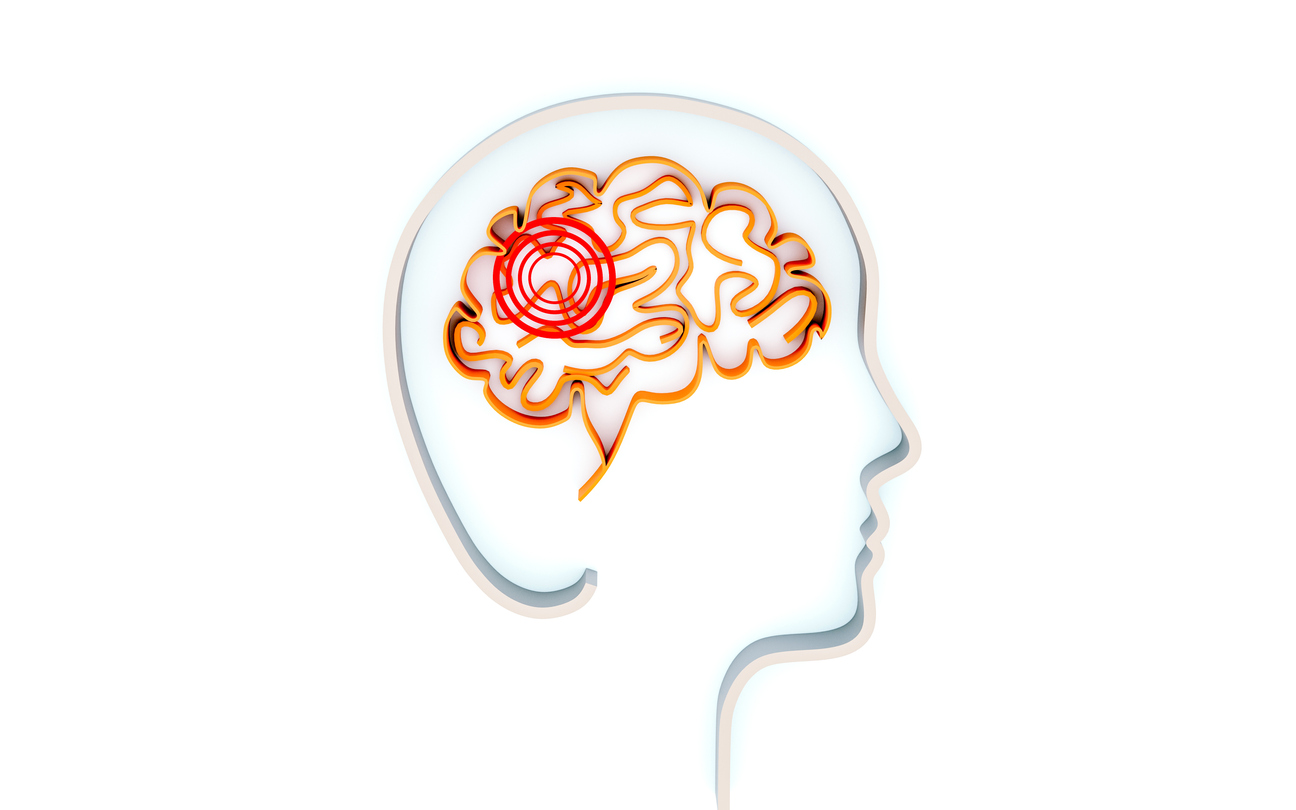Pain
Potential Complications of a Traumatic Brain Injury

What is a traumatic brain injury?
A traumatic brain injury (TBI) is a type of brain damage that occurs as a result of an injury to the head. This type of injury may be non-penetrative, such as a blow to the head, or penetrative, such as a gunshot wound. The severity of a TBI depends on various factors, and the lasting effects can range from a few days to permanent brain damage or, in severe cases, death. A concussion is the most common type of traumatic brain injury.
Potential Complications
There are various states of consciousness that can occur following a TBI. Physical and intellectual complications may develop. Executive functioning abilities, sensory skills, and communication can also be impacted.
Coma
A coma describes a state of unconsciousness that occurs when a person is unaware of their surroundings and unable to respond to stimuli. This may be due to widespread damage to the brain. Typically, a person will emerge from a coma into a vegetative state within a few days or weeks.
Vegetative state
A vegetative state is present between a coma and a minimally conscious state. A person is unaware of their surroundings; however, they may make sounds, open their eyes, or move. Usually, individuals progress into a minimally conscious state, although there is the possibility that the vegetative state may become permanent.
Minimally conscious state
In a minimally conscious state, a person may have some awareness of their surroundings, but are still in a severely altered state of consciousness. This state often occurs between a coma or vegetative state and recovery.
Brain death
A person is declared brain-dead when there is no measurable activity in their brain or brain stem. This condition is considered irreversible. If breathing devices and other supportive care are removed, breathing will stop and heart failure will occur.
Seizures
Seizures may be present in the early stages of the injury. They can continue for years or stop during recovery. Post-traumatic epilepsy occurs when seizures are recurrent.
Hydrocephalus
A TBI can cause cerebrospinal fluid to flood the cerebral ventricles. This fluid buildup in the brain can cause pressure and swelling.
Infections
Bacteria can enter the brain if a skull fracture or penetrative wound damages the protective tissue that surrounds it. This can cause an infection, which, if left untreated, could spread throughout the nervous system.
Blood vessel damage
The blood vessels in the brain may be damaged due to a TBI. This can result in a stroke, blood clots, or other related issues.
Headaches
It is common to experience recurrent headaches following a TBI. They may begin immediately or slowly and have the potential to persist for several months.
Vertigo
A TBI may cause vertigo, which is the sensation of spinning or being off-balance. Nausea, vomiting, or ringing in the ears is also common with vertigo.
Cranial nerve damage
If a TBI occurs at the base of the skull, the cranial nerves may be damaged. These nerves emerge directly from the brain. Symptoms may include facial paralysis, dizziness, hearing loss, swallowing problems, ringing in the ears, and loss or change in vision, smell or taste.
Cognitive complications
An individual may experience difficulty with certain cognitive skills for an extended period of time following a TBI. This may include problems with the following:
- Judgment
- Learning
- Reasoning
- Memory
- Concentration
Executive functioning complications
Certain executive functioning abilities can be impacted long-term following a TBI. They include, but are not limited to, the following:
- Decision-making
- Organization
- Problem-solving
- Beginning or completing tasks
- Planning
- Multitasking
Sensory complications
Long-term sensory issues may result from a TBI. These might include the following:
- Blind spots
- Double vision
- Balance difficulties
- Dizziness
- Difficulty recognizing objects
- Poor hand-eye coordination
- Persistent bad taste or smell
- Loss of smell
- Persistent ringing in ears
- Tingling, pain or itching of the skin
Communication complications
Communication skills may be impacted long-term, which can negatively affect the individual’s personal life. These problems may include the following:
- Inability to organize thoughts or ideas
- Difficulty reading or understanding sentences
- Difficulty speaking or writing
- Difficulty following or participating in conversations
- Difficulty taking turns
- Difficulty noticing cues or nonverbal signs
- Difficulty understanding tone, pitch or emphasis
- Difficulty starting and stopping conversations
- Inability to use muscles necessary to form words
Additional source: Medical News Today
